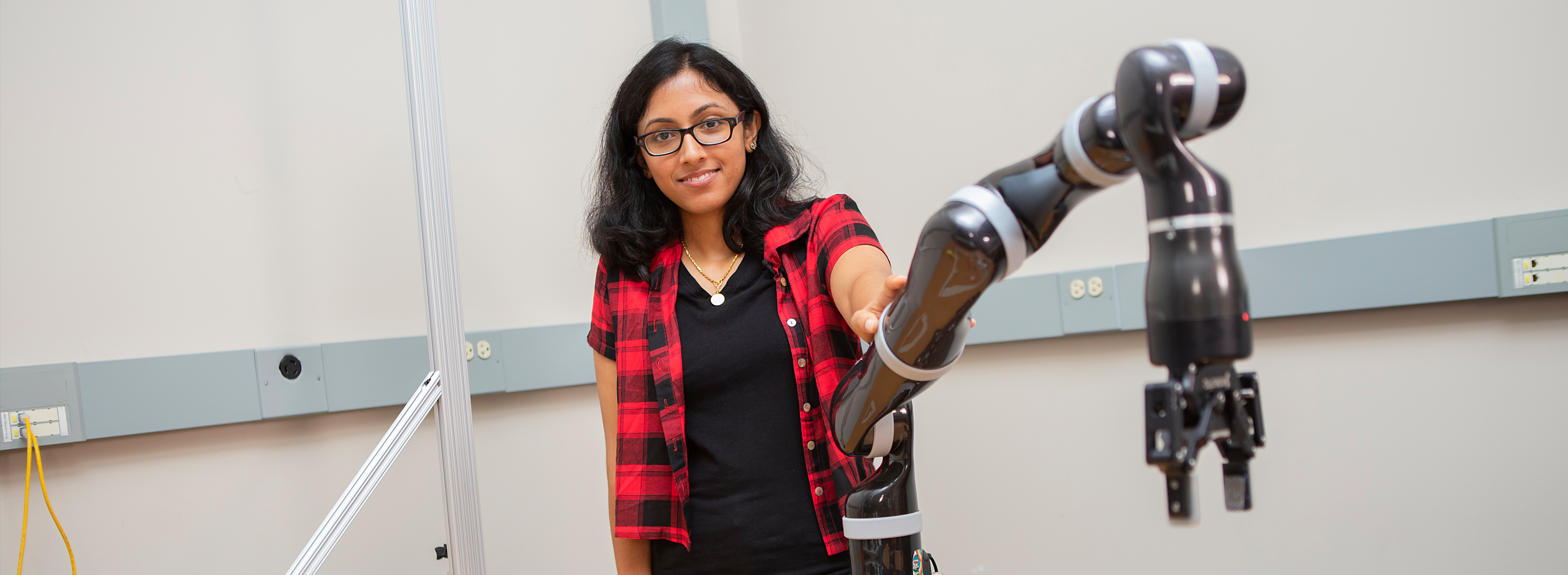There are external global factors that are beyond the control of any individual research university, but which affect how these universities function. Evolving conditions could shape the topics, methods, funding, partnerships, and other resources important to conducting research.
The World Beyond
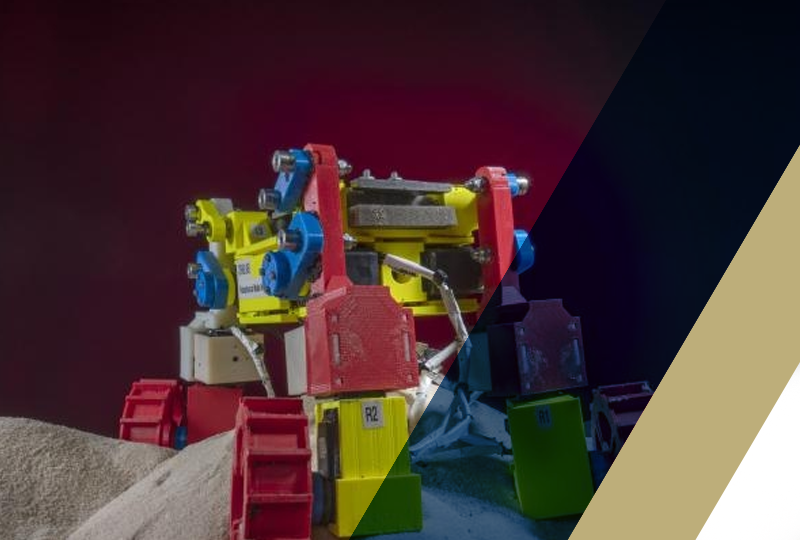
Planetary Exploration Rover Avoids Sand Traps With “Rear Rotator Pedaling"
The rolling hills of Mars or the moon are a long way from the nearest tow truck. That’s why the next generation of exploration rovers will need to be good at climbing hills covered with loose material and avoiding entrapment on soft, granular surfaces.

Georgia Tech Researchers Awarded Total of $4.35 Million in 2020 for Direct Air Capture Projects
Researchers in Georgia Tech’s School of Chemical and Biomolecular Engineering are principal investigators on six new projects that have been awarded a total of $4.35 million for studies related to direct air capture science and technology. Direct Air Capture is a technology that removes carbon dioxide directly from ambient air for use as a feedstock for chemical processes or transformed into a durable substance so that it can be sequestered. Some of the proposed chemical transformations that are possible with this technology include liquid fuels that could serve as “drop-in” replacements for the petroleum-based fuels we use for transportation.
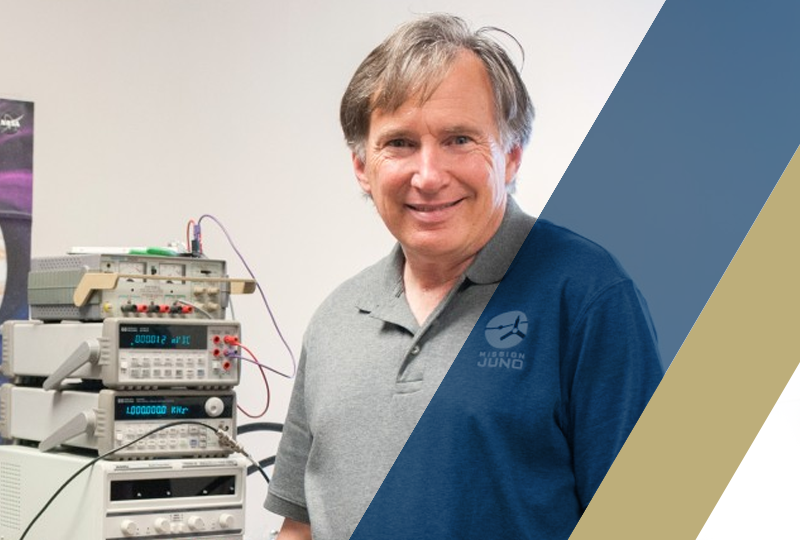
Observations of Lightning on Jupiter Featured in 'Nature' Cover Story
The cover story for the August 6, 2020 issue of Nature features the optical observations of lightning flashes on Jupiter made by the Juno spacecraft. The article, “Small lightning flashes from shallow electric storms on Jupiter,” was written by select members of the NASA Mission Juno team. The team includes Paul G. Steffes, professor emeritus in the Georgia Tech School of Electrical and Computer Engineering. Steffes is a member of the Center for Space Technology and Research, which is co-led by Thomas Orlando (Chemistry and Biochemistry) and Glenn Lightsey (Aerospace Engineering). A pdf of the full article may be downloaded here.
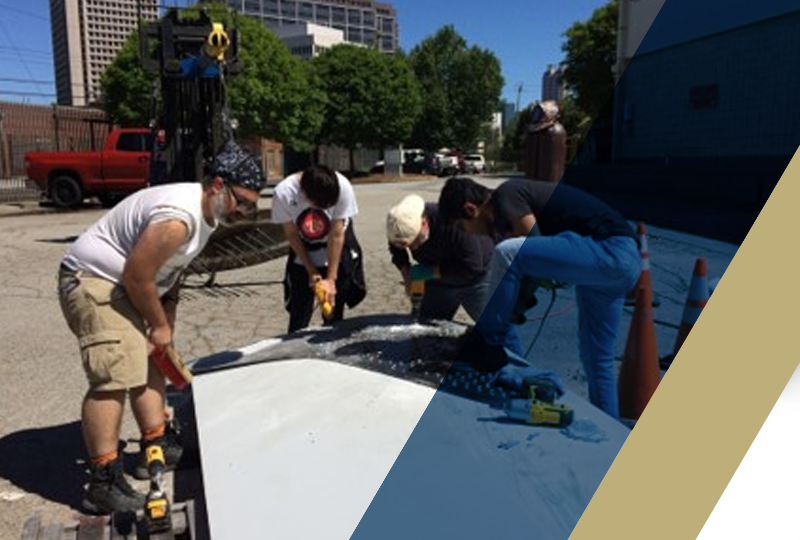
Georgia Tech Team Awarded NSF Partnerships for Innovation Grant to Change the Game for the Afterlife of Wind Turbine Blades
Wind turbines are designed to provide green solutions for the production of power. Wind turbines produce zero carbon emissions; however, the blades themselves pose an environmental challenge as they depreciate. To address this concern, the Georgia Institute of Technology, in partnership with Logisticus Group, was awarded the U.S. National Science Foundation Partnerships for Innovation grant.
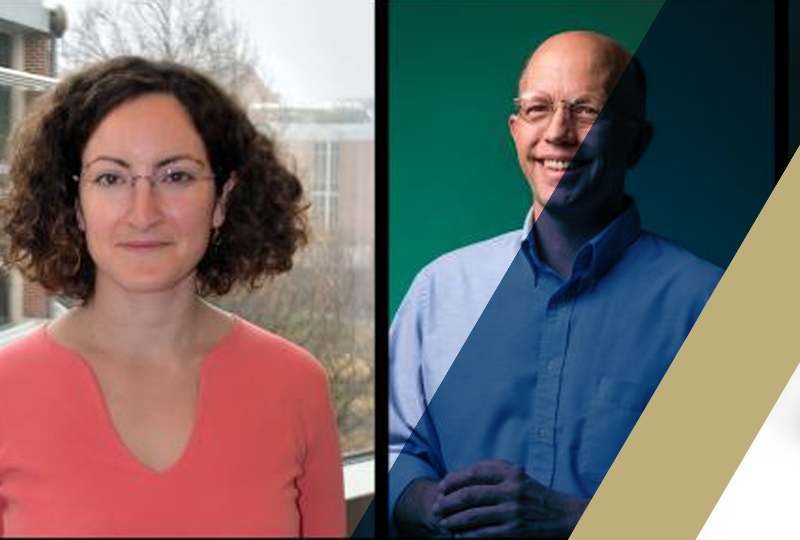
Birth of Life and an Alternative Theory to the ‘RNA World’ Hypothesis Has Unselfish Molecules Giving Rise to the Elements of Life: Great New Research From the Center for Chemical Evolution.
It’s a question older than science: How did life begin? In modern biology, life depends on life to live. But how did the mutualistic relationship between different molecules – which led, eventually, to complex biological systems, like human beings, for example – actually come to be?
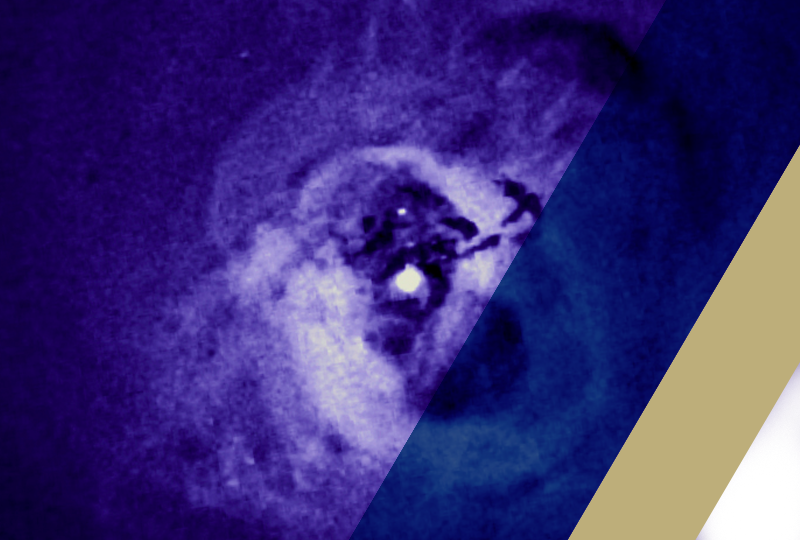
What’s Creating Galaxy-Spanning Cold Gas Filaments in Galaxy Clusters? Research Points to Burps From Supermassive Black Holes (Astrophys)
A galaxy’s size can be enough to stagger the imagination. Now try to imagine galaxy clusters, the largest gravitationally bound structures in the universe, dotted with hundreds to thousands of galaxies and permeated by large amounts of hot, X-ray emitting plasma.

